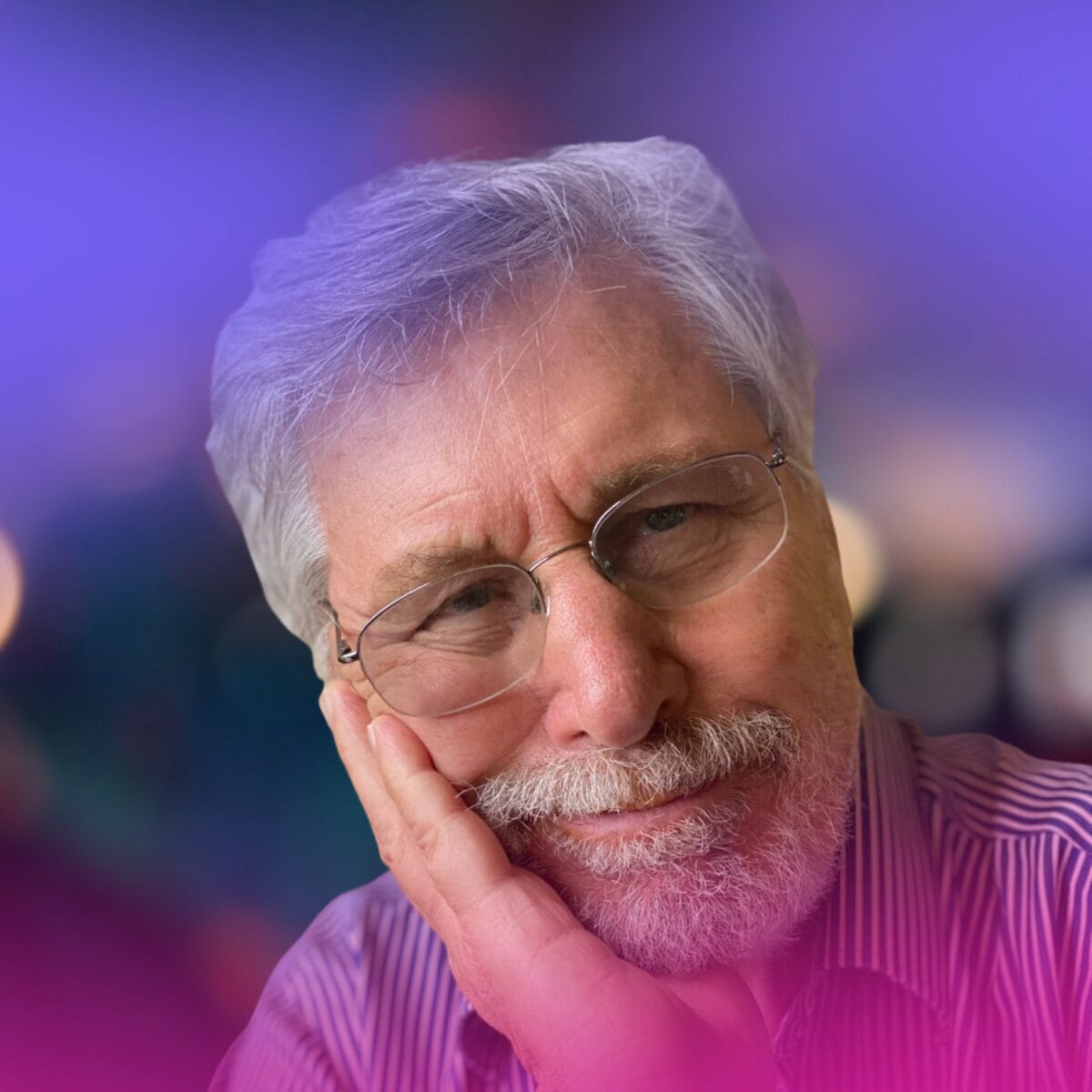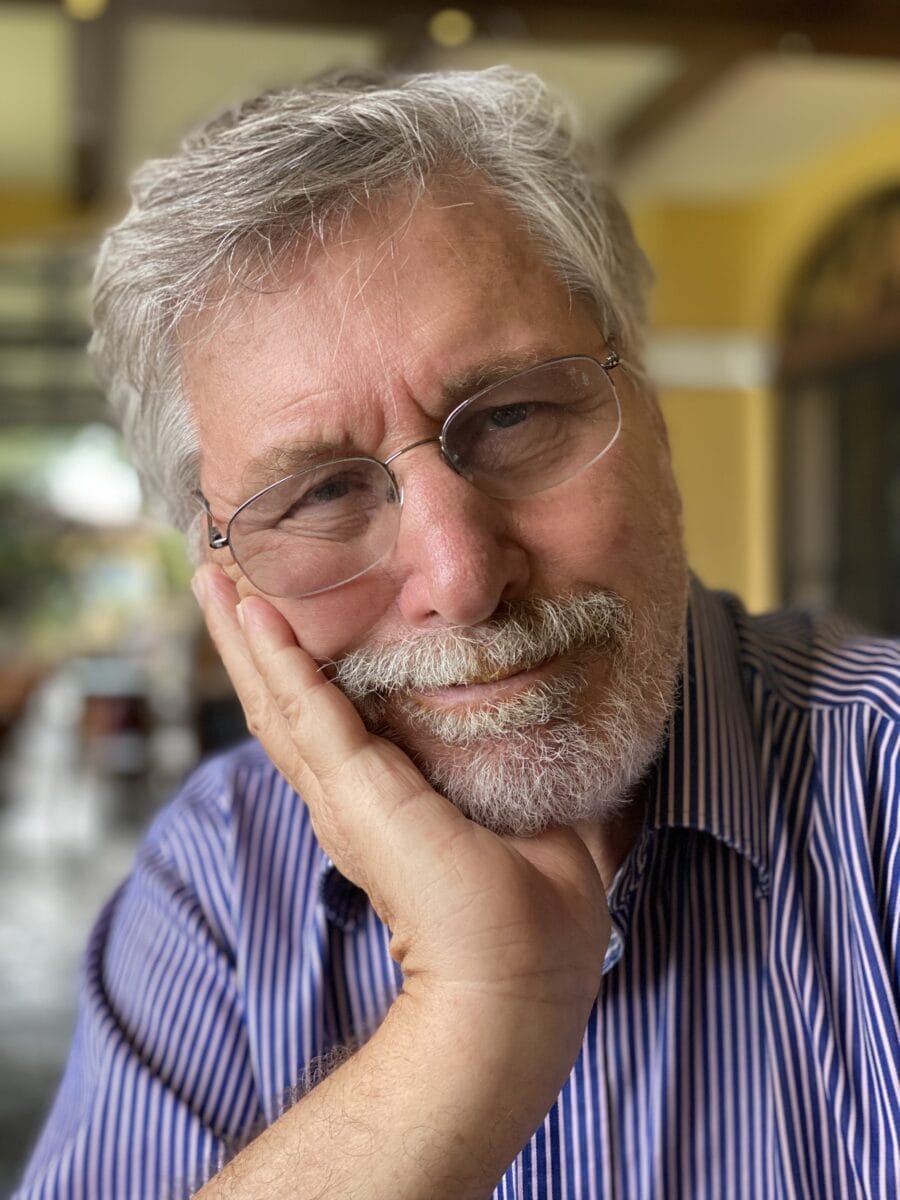
Therapy
PT464 – Bodywork, Somatic Literacy, and Understanding Trauma: The Mind and Body Connection
November 28, 2023
Featuring: Bessel van der Kolk, MD
In this episode, Kyle interviews Bessel van der Kolk, MD: pioneer clinician, researcher, and educator on traumatic stress; Founder of the Trauma Research Foundation; Professor of Psychiatry at Boston University Medical School; Principal Investigator of the Boston site of MAPS’ MDMA-assisted psychotherapy study; and author of the #1 New York Times Science best seller, The Body Keeps the Score: Brain, Mind, and Body in the Treatment of Trauma.

In this episode, Kyle interviews Bessel van der Kolk, MD: pioneer clinician, researcher, and educator on traumatic stress; Founder of the Trauma Research Foundation; Professor of Psychiatry at Boston University Medical School; Principal Investigator of the Boston site of MAPS’ MDMA-assisted psychotherapy study; and author of the #1 New York Times Science best seller, The Body Keeps the Score: Brain, Mind, and Body in the Treatment of Trauma.
As of this recording, van der Kolk was publishing his last paper and closing down his laboratory, so he looks back on his past: being part of the group who put together the first PTSD diagnosis in the 80s; the early days of psychedelic research and how he discouraged Rick Doblin and Michael Mithoefer from pursuing MDMA research; how the DSM has no scientific validity and was never meant for the diagnosing it’s being used for; how science wasn’t seeing the whole picture and pushing us mindlessly from medication to medication; and how trauma research has evolved over the years as society learned more about how the mind actually works.
He discusses the struggle to validate “softer” sciences; the impracticality and price of the MAPS protocol and the need for more group and sitter/experiencer frameworks; the efficacy of psychodrama and how that plays out in group sessions; his interest in using the Rorschach test more; how rolfing helped him; the problem with diagnosis and people becoming their illnesses; bodywork, somatic literacy, and how disconnected most people are from their bodies; and how, in all the healing frameworks he’s explored, he has never seen anything work as profoundly as psychedelic-assisted therapy.
Notable Quotes
“I have quite a few friends who are sort of major scientists. And I asked my friends, ‘So, did you take acid also in college?’ All my friends said, ‘Yes, I did.’ And I say, ‘So, how do you think it affected you?’ And my friends generally say, ‘Well, I think it really accounts from my having become a good scientist, because I got to appreciate that the reality that I hold inside of myself is just a small fragment of the overall reality that is.’”
“It was really very gratifying for me to be part of a psychedelic team the past 10 years or so, where we got to see the astounding transformations that people go through on psychedelics – more than anything else that I’ve seen in my career, and I’ve studied many different methods. I’ve studied other things that also turned out to be quite helpful like EMDR and Internal Family Systems therapy and theater and yoga, but the transformations on psychedelics were really astonishing and made me really hopeful that we may enter a much more complex era of thinking about mental functioning.”
“It’s delicate, but we keep running away from it. But the reality is that if you really feel upset, getting a hug from somebody who loves you makes all the difference in the world, of course. That’s still our primary way in which we feel calm. And touch by other people may also scare the shit out of you and send you into a tailspin. So doing that right is very delicate and fraught with danger, but that doesn’t mean we can just keep running away from it.”
Links
Neurosciencenews.com: Why Our Brains Prefer Symbols to Words
Mangu.tv: From Shock To Awe: A journey of hope and transformation


